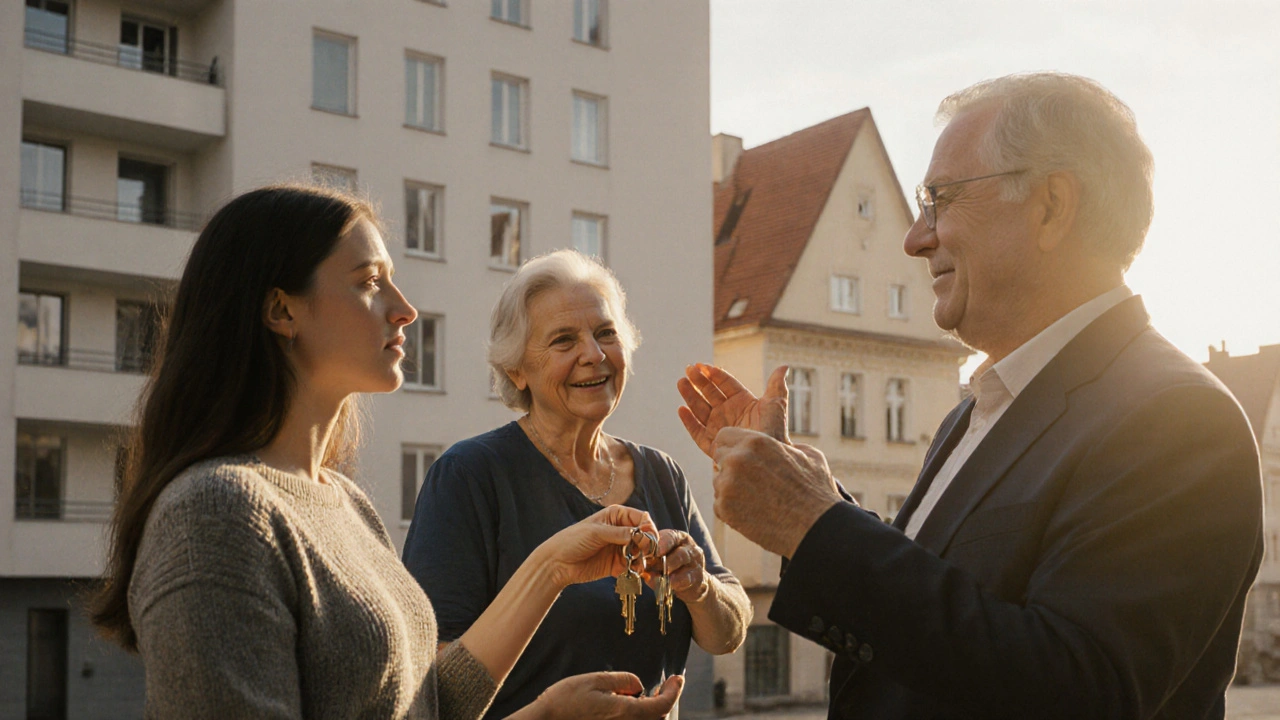Hypotéka s ručením: co to je, kdo to potřebuje a jak to funguje
When you need money to buy a home, a hypotéka s ručením, půjčka, kde banka získává zástavní právo k nemovitosti jako záruku. Also known as zástavní hypotéka, it is the most common way to finance property in the Czech Republic. Banks don’t lend large sums without security — and that’s where ručení za hypotéku, záruka, že někdo jiný zaplatí, pokud vy nesplácíte comes in. It’s not just about the house — it’s about trust, risk, and legal protection on both sides.
Many people think only the property you’re buying can be used as security. But banks often require additional zástava nemovitosti, nemovitost, která není předmětem úvěru, ale slouží jako další záruka. For example, your parents might pledge their apartment to help you get the loan. Or you might use a piece of land you already own. This is especially common if your income is unstable, you’re self-employed, or the property you’re buying is older or in a less desirable location. The bank wants to know: if you can’t pay, what else can we take?
Not every loan needs this. Some people qualify for unsecured loans, but those are rare for property purchases. A bankovní úvěr, finanční prostředek, který banka poskytuje pod podmínkami splácení a úroku with collateral gives you better interest rates — because the bank takes less risk. That’s why most homebuyers choose this route. But it also means more paperwork, more legal steps, and more responsibility. You’re not just borrowing money — you’re tying your assets to a contract that lasts decades.
What you need to know: the property used as collateral must be appraised. The bank won’t lend you 100% of its value — usually 70% to 90%. If the property’s value drops, you might be asked to add more security. If you default, the bank can seize the asset. That’s why it’s critical to understand what you’re pledging — and who else might be affected. A zástavní právo, právní nástroj, který umožňuje věřiteli nárok na nemovitost při nesplacení dluhu is registered in the land registry. It’s not a secret. It’s public. And it stays there until the loan is fully paid.
Many of the articles below deal with practical life decisions — buying property, renovating homes, understanding costs, and protecting your assets. You’ll find guides on how to assess your home’s value, what to check before buying an old house, how to plan renovations without going over budget, and how to avoid hidden fees. All of these tie into the bigger picture: how to manage your money and your property wisely. Whether you’re thinking about a mortgage, already have one, or just want to understand how the system works, the posts here give you real, no-fluff answers — not theory, but what actually happens in Czech homes and banks.

 lis, 5 2025
lis, 5 2025